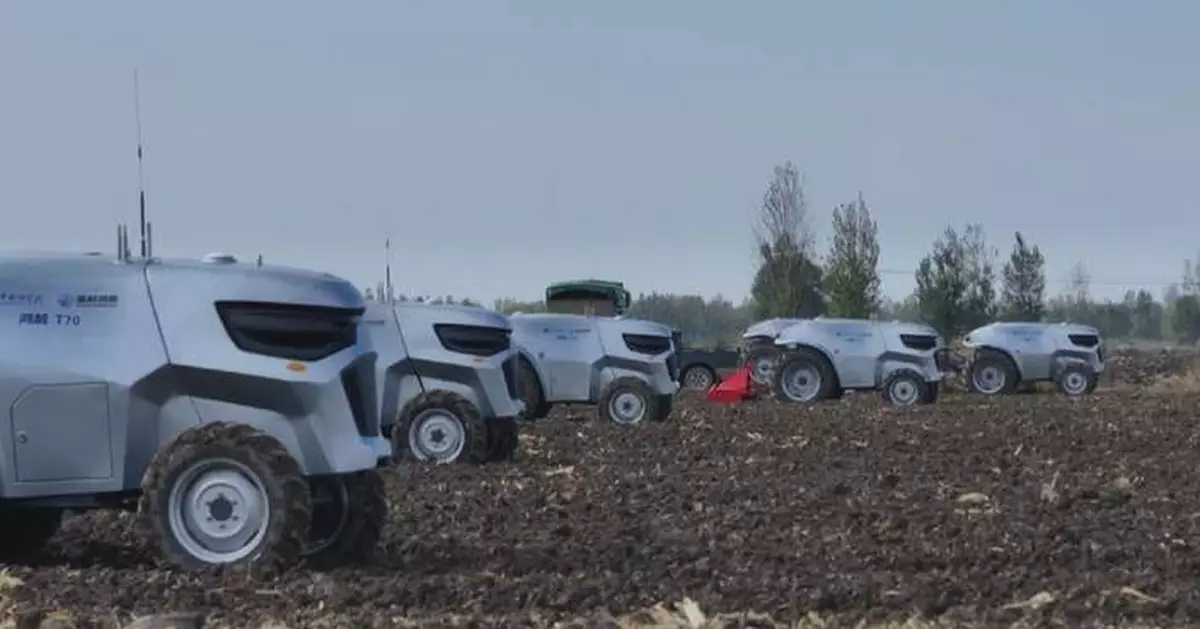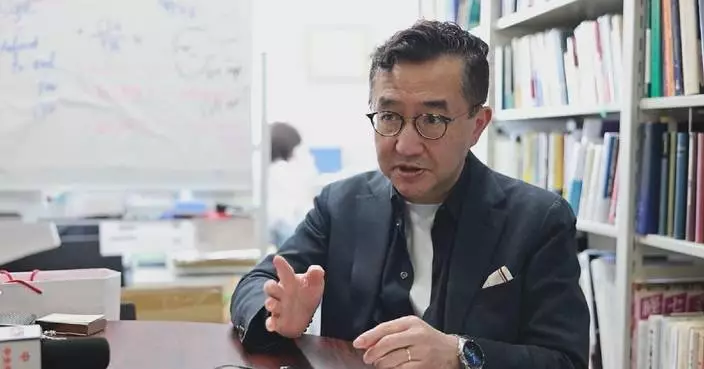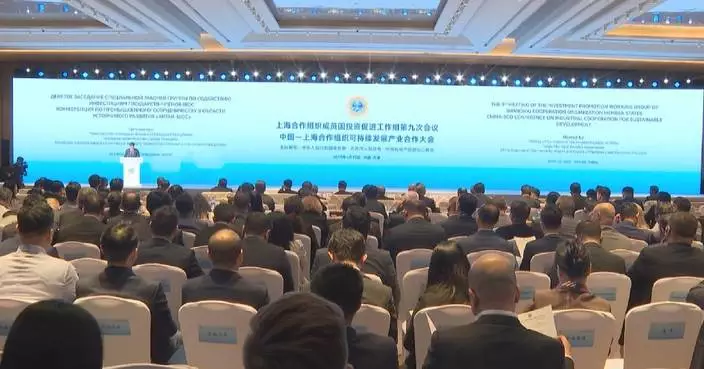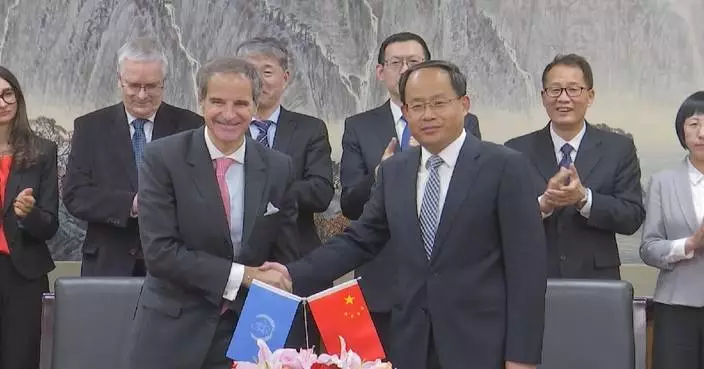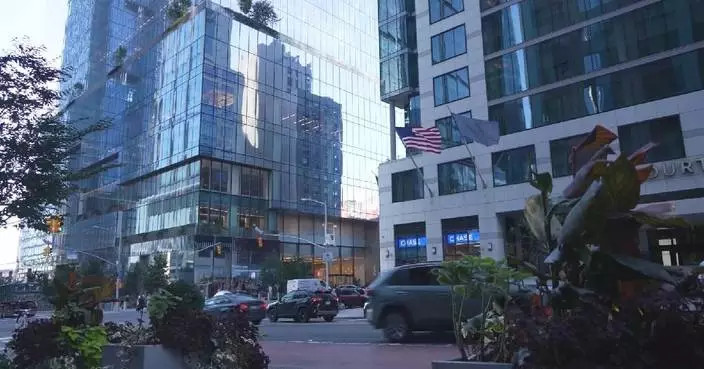China has rolled out plans to develop smart agriculture by giving prominence to the completion of seven major tasks by 2028 in terms of precision planting, digitalized cultivation and intelligent livestock breeding and fisheries.
Released by the Ministry of Agriculture and Rural Affairs, the plans include guidelines and action items that focus on significantly improving the application of smart agriculture. Key areas of emphasis include promoting precision planting of major grains, digitizing agricultural equipment, and enhancing intelligent livestock breeding and fisheries.
"We have orchestrated a monitoring network consisting of remote satellites, drone surveillance and ground screening, enabling real-time and comprehensive monitoring of agricultural meteorology, soil moisture content, and environmental factors such as pests and diseases. This greatly improves our ability to monitor and forecast agricultural disasters," said Wang Yaozong, director of the Department of Market and Informatization at the Ministry of Agriculture and Rural Affairs.
For the first time, the construction of public service capacity for smart agriculture has been proposed. To support this initiative, relevant authorities will build a big data platform for agriculture and rural affairs and develop a range of models and tools to promote the digital transformation of farmers and agricultural businesses at low costs.
In Xiong'an New Area, Hebei Province, a smart farm called Fuxi Farmland has been implemented in various cities across China.
Utilizing big data and artificial intelligence (AI), engineers can manage grain planting by controlling remote unmanned machines from a control center located 20 kilometers away, while accessing real-time information about crops through a large monitoring screen.
"The smart agricultural machines are equipped with various intelligent control systems. Following the pre-set routes, they can operate accurately according to our pathways, with support from the BeiDou Navigation Satellite System, all initiated through an app on a mobile phone or smart terminal," said Bi Zhiqiang, an engineer at the Institute of Computing Technology, Chinese Academy of Sciences.
Besides serving sowing and planting links, smart equipment also enhances breeding efficiency by creating models based on big data to optimize processes. To date, Fuxi Farm has been established in several provinces, facilitated by the deepening integration of technologies such as the Internet of Things and AI with agriculture.
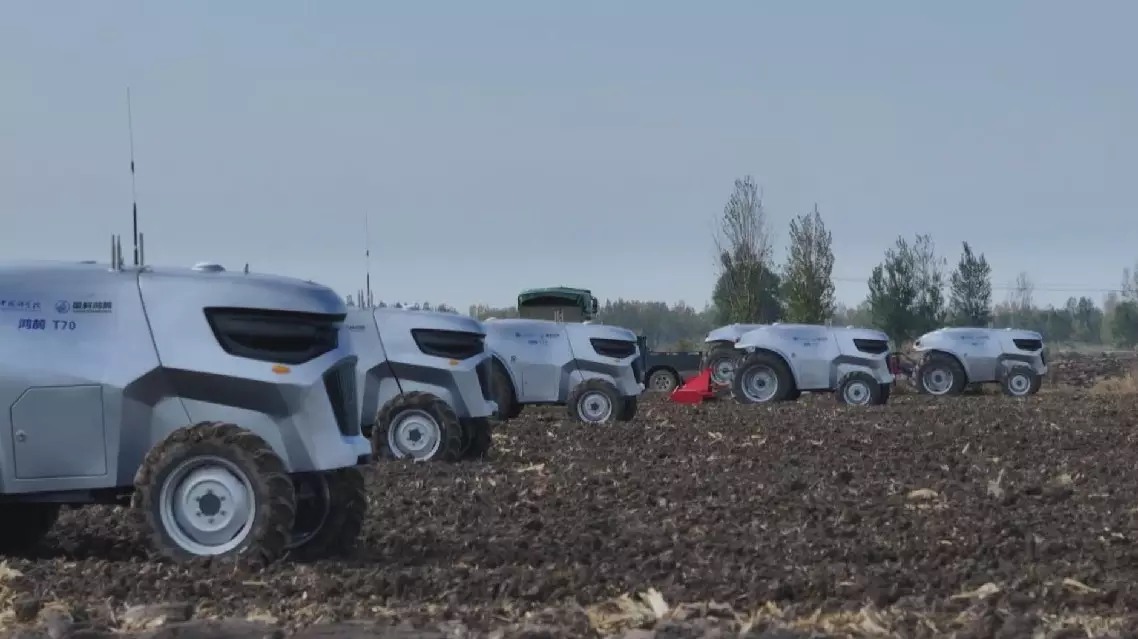
China raises seven major tasks to develop smart agriculture


